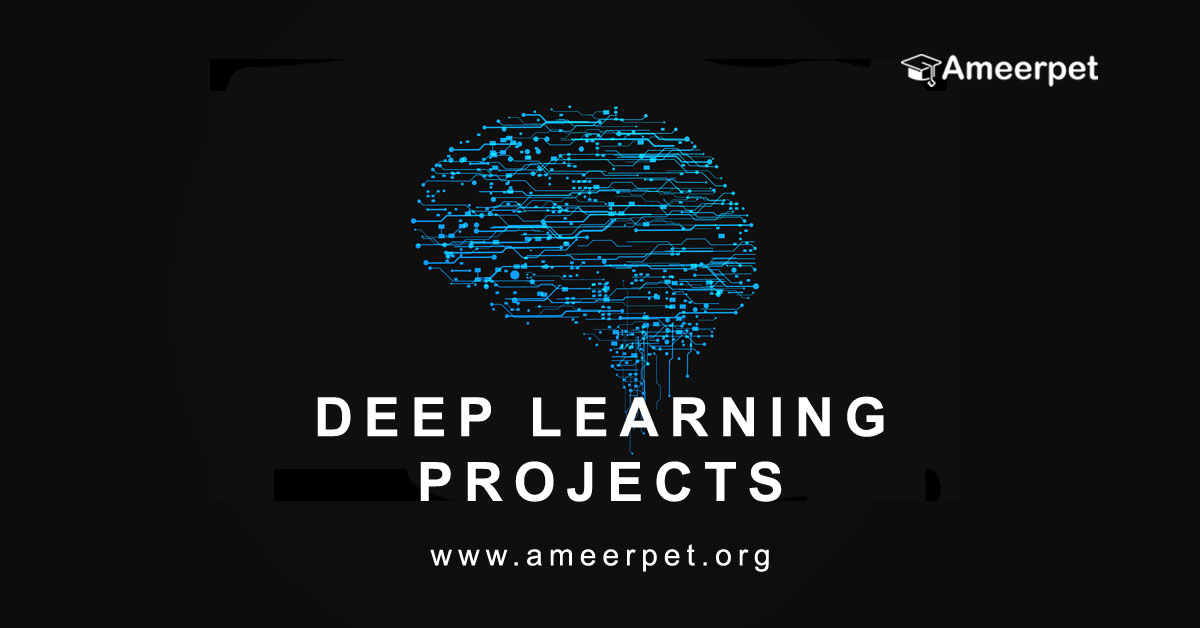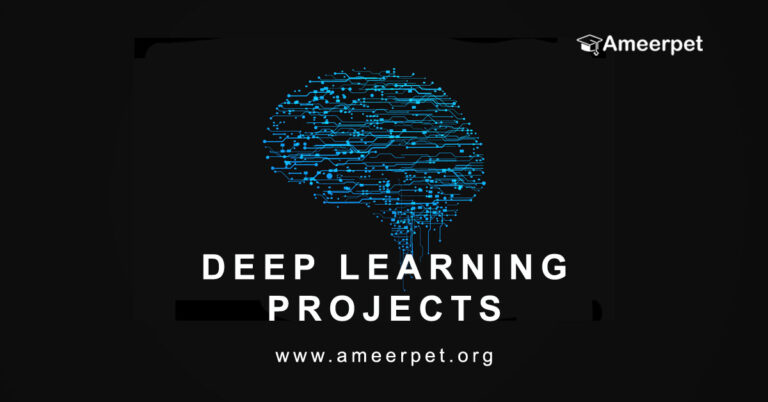
Abstract:
Transport mode detection is a classification problem to design an algorithm to infer a user’s transport mode from multimodal signals (GPS and/or inertial sensors). It can track carbon footprints, analyze mobility behavior, and plan door-to-door smartly. Most current approaches use machine learning for classification, and like many other classification problems, deep learning approaches usually outperform traditional machine learning ones using handcrafted features. Deep models are memory- and processing-intensive. A small, optimized model performs as well as a deep model. We obtain models with tens of thousands of parameters, 10 to 1,000 times fewer parameters and operations than state-of-the-art networks, that perform comparably on the GeoLife and SHL 2018 datasets. Using the datasets, we demonstrate that the current preprocessing for signals of different lengths is suboptimal and propose better alternatives. Finally, we use Convolutional neural networks to use signals of different lengths without Recurrent Neural Networks.
Note: Please discuss with our team before submitting this abstract to the college. This Abstract or Synopsis varies based on student project requirements.
Did you like this final year project?
To download this project Code with thesis report and project training... Click Here


